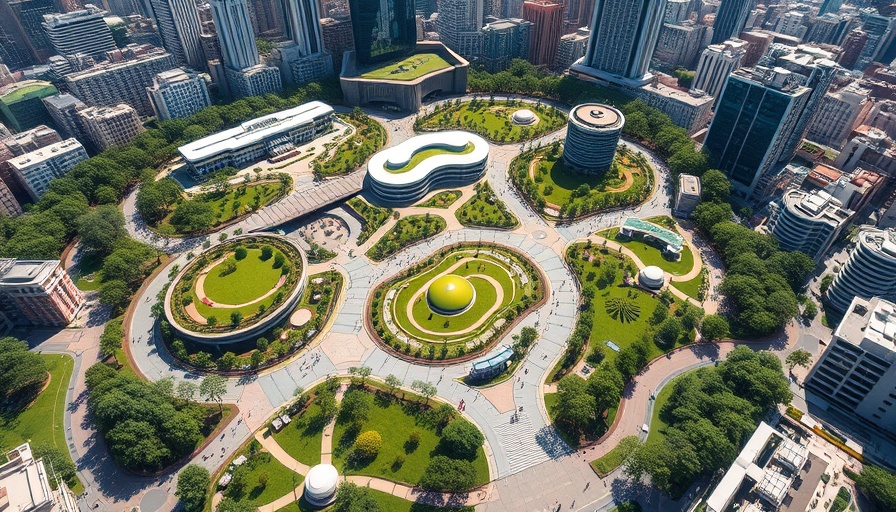
Urgent Concerns for DACA Recipients in El Paso
The recent detainment of two DACA (Deferred Action for Childhood Arrivals) recipients in El Paso has raised alarm and ignited community protests. Catalina “Xóchitl” Santiago and Paulo Cesar Gamez Lira, both arrested by Immigration and Customs Enforcement (ICE) in August, represent an unsettling shift in the enforcement strategies targeting individuals protected under DACA, a program that was originally designed to shield them from deportation. At the heart of the discussion is not only their uncertain futures but also the ongoing implications for the DACA community at large.
Understanding DACA's Vulnerability
Initially established to grant legal status to individuals who arrived in the U.S. as children, DACA is not a pathway to citizenship but offers temporary relief from deportation. However, this program has faced numerous legal challenges, making its beneficiaries vulnerable to changes in immigration policy. Arrests like those of Santiago and Gamez Lira prompt urgent questions about their safety and whether their long-held expectations of protection under DACA will hold in an evolving immigration landscape.
The Human Impact of Recent Detentions
Both Santiago and Gamez Lira, now 28, were brought to the U.S. when they were children, growing up with aspirations and community ties. Santiago, recognized for her activism in farmworker rights, saw her detainment lead to protests and significant public outcry. Gamez Lira, on the other hand, was arrested under traumatic circumstances, taken from his family while on his way to a doctor’s appointment for his sick child. Such incidents underscore the real emotional toll and fear experienced by DACA recipients and their families across the nation.
Shifting Political Landscape and Future Predictions
The contrasts in immigration enforcement under varying administrations create an unpredictable atmosphere for DACA recipients. The current wave of arrests raises concerns that the Biden administration may also target these individuals, which would contradict earlier promises to protect them. As Santiago’s and Gamez Lira's cases unfold, they offer insight into potential future trends in immigration policy, where the balance between enforcement and compassion remains precarious.
Community and Legal Responses
Community organizers and legal advocates have rallied around Santiago and Gamez Lira, emphasizing the importance of solidarity in the face of trafficking uncertainties. Potential legal outcomes hinge on recent court rulings, which may provide avenues for appeal or release. However, the inherent instability of DACA and its beneficiaries' legal status continues to prompt a profound dilemma for families hoping to seek security in their long-term residence in the U.S.
As the situation evolves, it is crucial for readers and community members to stay engaged and informed about these cases, as well as the broader implications for immigration policy moving forward. Ensuring that those directly affected have access to legal support and public awareness can make a significant difference in their journeys.
 Add Row
Add Row  Add
Add 




Write A Comment